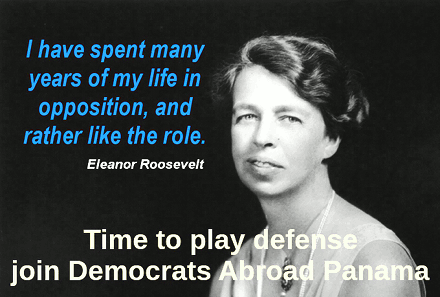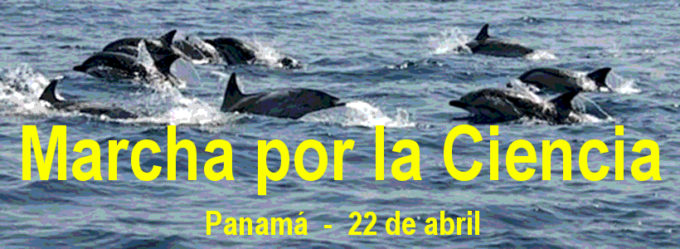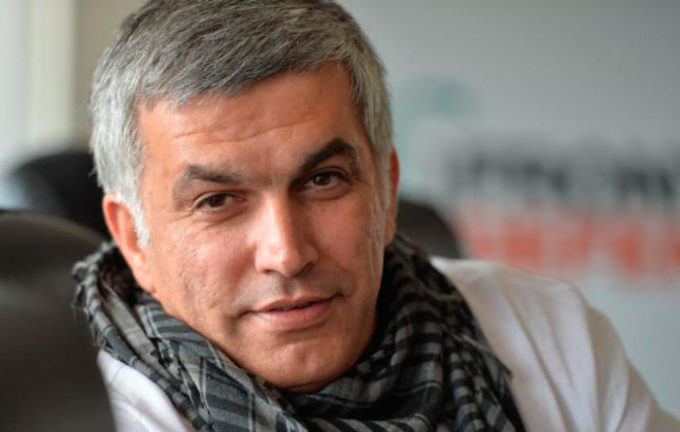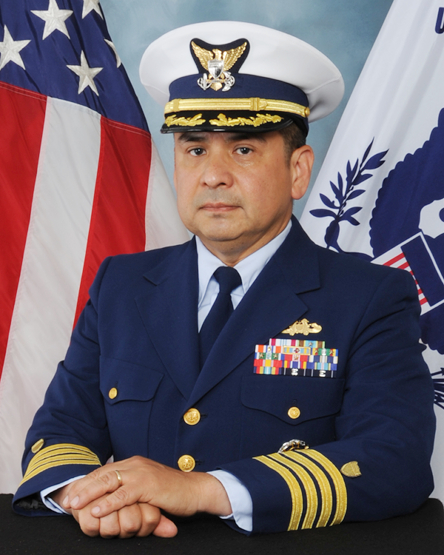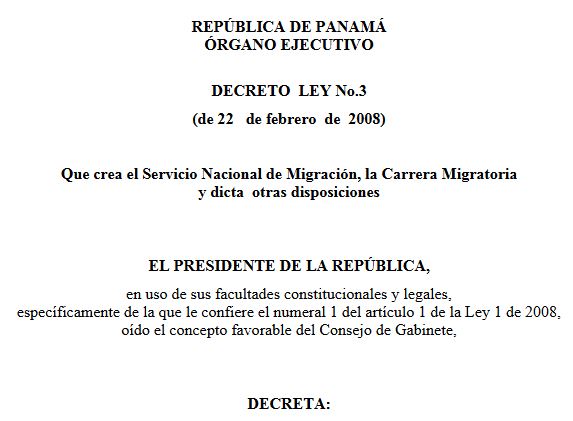
The new American resistance
Donald Trump and the ugliest elements of his entourage are worse than a lot of people thought. A growing resistance across the USA and in American communities everywhere is making itself felt. The defeat of the Trump health care denial proposal shows that although Trump’s party controls the White House and both houses of Congress, American society is not defenseless against them.
Look at what the GOP leaders just tried to do. See just how bad their intentions are. They meant to kill many Americans by voiding the health insurance of some 24 million people. They would have imposed age taxes wherein the elderly would have to pay up to five times more than the young for health care. They tried to use this nefarious proposal to conceal a $600 billion tax cut for the ultra-rich. It was too reckless a plan for them to keep Republicans who will face the voters in 2018 in line.
These people will be back, and so will the resistance. If you divide up a presidency by months and make a boxing analogy, consider that the resistance just won round one of an 18-rounder against Trump. So should the resistance come out swinging wildly for round two, and risk errors that will get it knocked out? Should it dance around and try to avoid any fisticuffs, in hope that a one-point lead will hold up to give the Democrats a split decision?
Let’s get some concepts right. The Democratic leadership and the resistance are far from one and the same. The Democratic Party played its big role in the defeat of Trump’s proposal, but the people who burned up the congressional telephone lines and delivered the resistance message to Americans everywhere did not do so in the name of Hillary Clinton. In fact many in the Democratic establishment are afraid of the resistance.
At a recent Americas region meeting of Democrats abroad, international DA chair Katie Solon — a Hillary apparatchik trying to steer a constituency that voted more than two to one for Bernie in last year’s primary — opined that it would be against Democrats Abroad rules for DA country chapters to use their mailing lists and Facebook pages to promote things like the Indivisible protests at GOP politicians’ town hall events that were a big part of defeating the Trump health care denial proposal, or the upcoming worldwide April 22 March for Science. She would have Democrats behave like a Marxist-Leninist cult, abstaining from everything that they don’t totally control, supporting worldwide action against stupidity and injustice everywhere except for where it’s actually happening.
Health care was round one, but now Trump’ Supreme Court nomination and the geometrically expanding scandals about Russian manipulation of US politics are upon us. The resistance and the Democratic leadership may be generally on the same side of those things, but the resistance needs to be broader, smarter and more independent than those who would reduce it to a segment of an email spam list.
The DNC might feel the need to tolerate a Democratic senator who breaks the filibuster against the Neil Gorsuch nomination to fill a Supreme Court vacancy. The resistance would and should be far less understanding, now and in the event that such a person ever again face the possibility of a primary challenge.
Some Democrats may use a combination of selectivity and exaggeration in an attempt to channel public indignation over the Trump crowd’s conflicts of interests and lies about these. One great danger in the “Kremlingate” scenario that is being urged is that while images of an overarching Putin conspiracy are overplayed, the much stronger evidence of a fragmented Russian mob that works in both private and public sectors — and of Trump’s many dealings with such mobsters over many years — gets ignored. Another great danger is a sense of US exceptionalism that fails to notice Russian manipulation in other countries’ elections as well, and that fails to notice the attempts of powers other than Russia to manipulate Washington. America can get blind-sided by some very real threats if Americans fail to discern the complexity of the current situation. The truth of the matter is that both Putin and Trump are mobbed-up politicians whose jobs include the management of geopolitical rivalries. The truth of the matter is a long history of both US and Russian manipulations of other countries’ elections. The difference is that Russia has hardly any democratic tradition to respect or defend, while Americans’ democratic traditions are long-standing even if once again threatened.
The resistance need not wear blinders, and shouldn’t. There’s a country to defend, with eyes wide open and minds fully engaged.
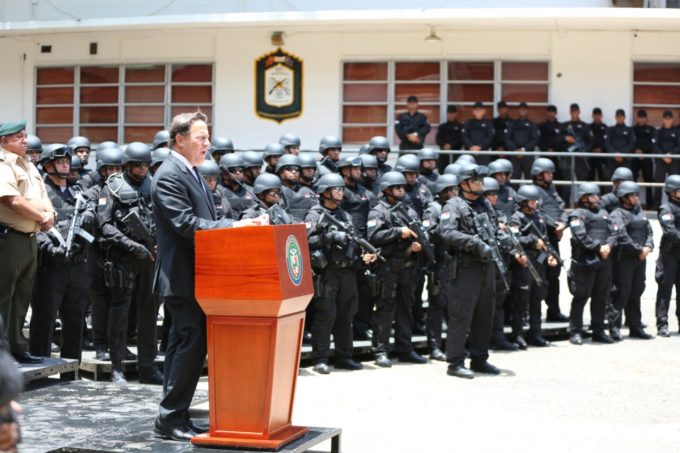
The maleantes again
2017 has brought us gruesome murder stories, an apparent shift in the routes and venues of international organized crime and consequent spike in gangland hits here, increased public alarm about crime and President Varela’s creation of a new elite police unit with badass uniforms and bigger weapons. For expatriates who have brought US cultural values here and not sunk roots into Panama, the default response may be to move — as if they will find a place where there is no risk of crime.
For everyone else, the advice remains the same. If you don’t want to a visit from a hit man, steer clear of the rackets. Don’t display wealth. Learn enough Spanish to report a crime to police. Join your neighborhood watch group if there is one where you live. Be a helpful, respectful and unpretentious neighbor. Don’t believe in anything that sounds too good to be true. Enjoy this imperfect paradise for what it is.
Bear in mind…
The American people have a right to know if their president is a crook.
Richard Nixon
We don’t pay taxes. Only the little people pay taxes.
Leona Helmsley
There are three ways of doing things — good, bad and like I do them.
Pablo Escobar
~ ~ ~
These announcements are interactive. Click on them for more information.



